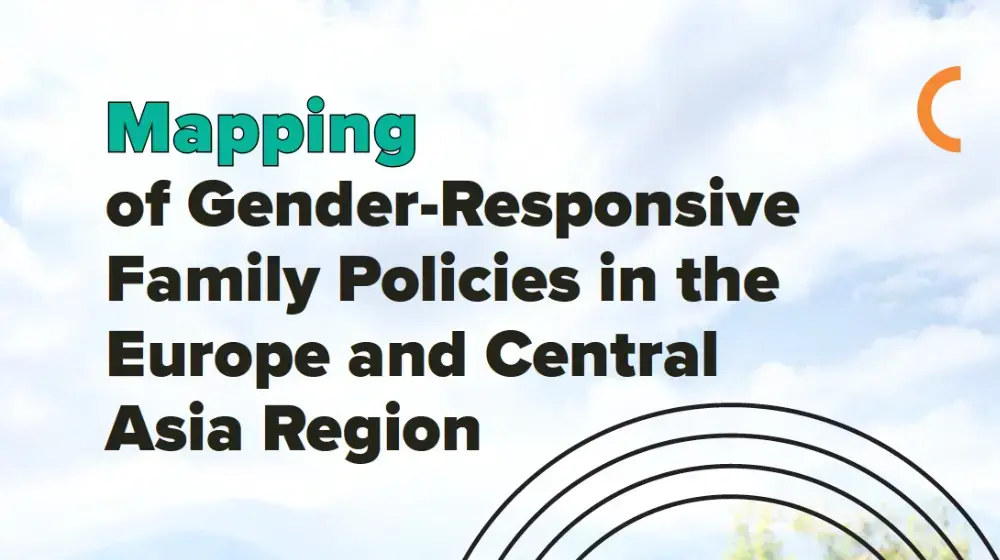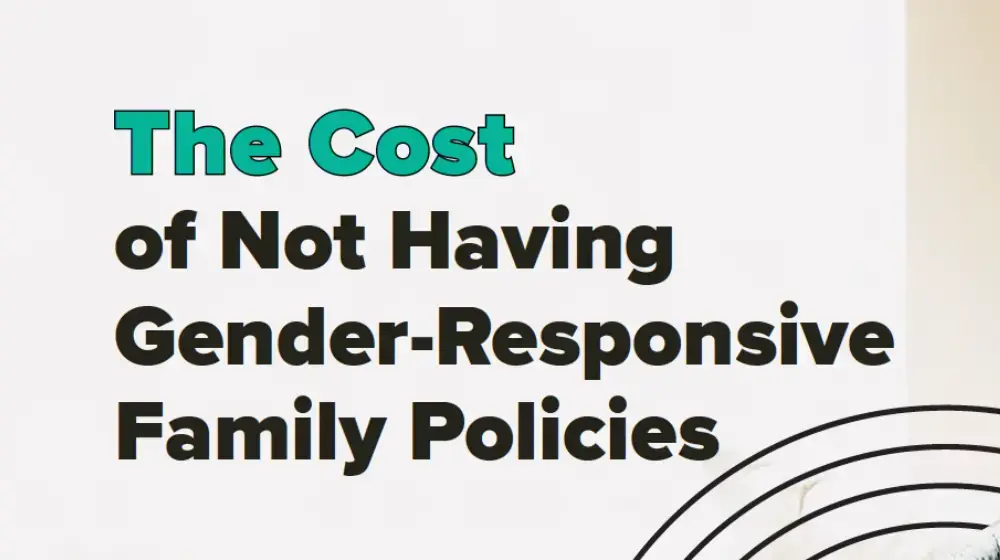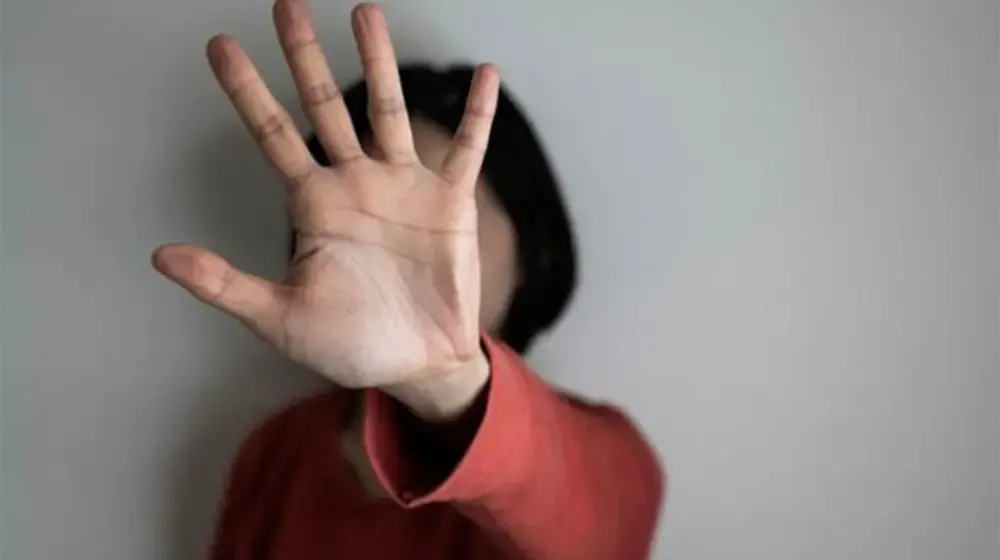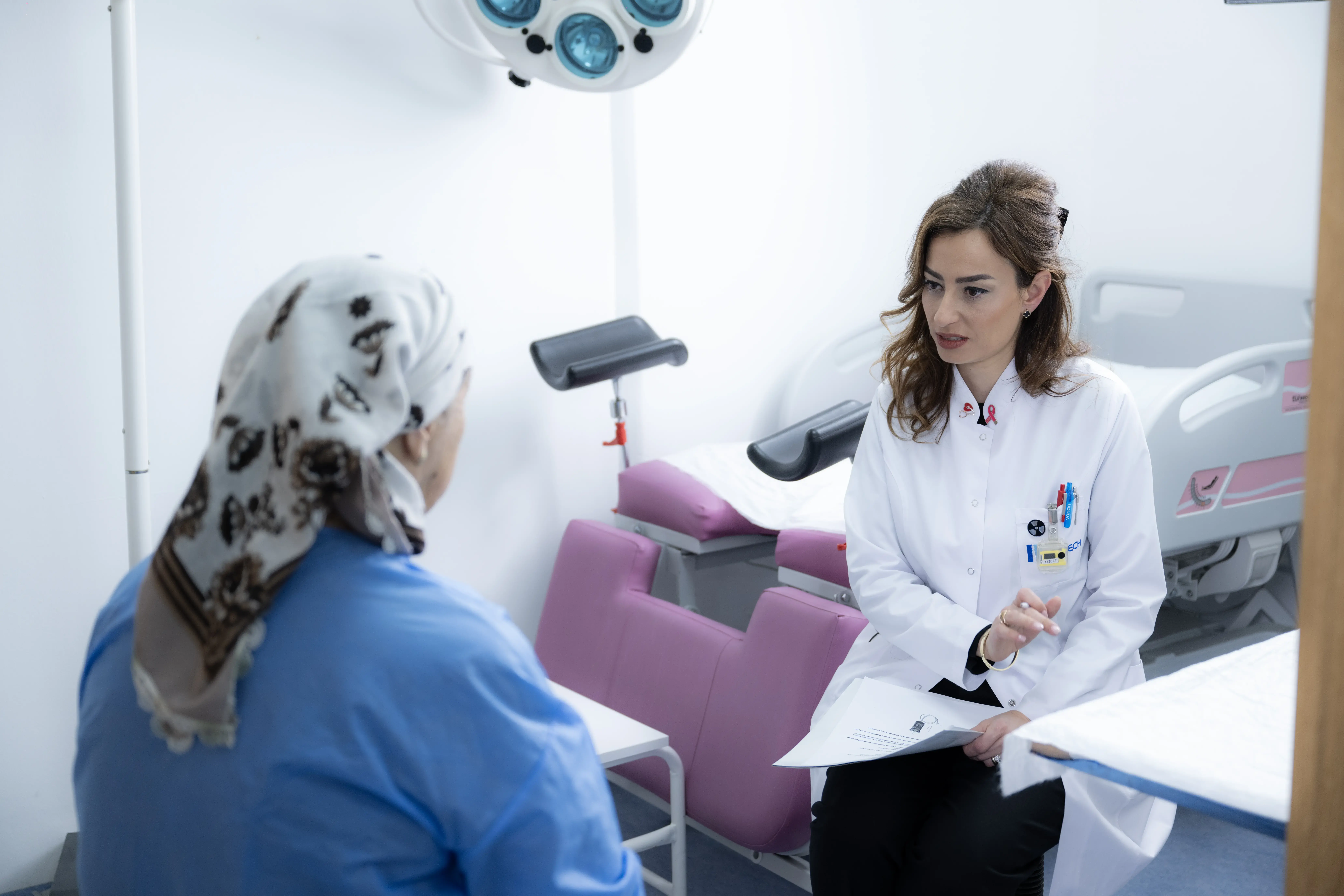Gender equality is a human right.
UNFPA works to guarantee this right for women and girls in Eastern Europe and Central Asia by empowering them to have agency, choice and access in making decisions about their bodies, health and lives.
This goal can only be achieved by reaching all women and girls, including the most marginalized and disadvantaged populations, and ensuring everyone can exercise their bodily autonomy without fear of violence, discrimination or reprisal. We support countries in developing legal and policy reforms as well as gender transformative initiatives that combat gender discrimination, stereotypes, harmful practices and gender-based violence.
Our Challenge / Regional Context
Discrimination against women and girls remains widespread in Eastern Europe and Central Asia, despite some progress on gender equality and the rights of women and girls. While governments have ratified most of the major international human rights treaties, there is still a gap between these commitments and the reality of people's lives.
Many people still believe that only men should have the power to make decisions over intimate relationships and family affairs, while women are confined to unpaid care and domestic work. These narrow views limit the prospects and choices in life for both women and men.
Girls are often taken out of school and subject to harmful practices such as early marriage. According to a UN Women report, 13 per cent of women aged 20 to 24 were first married before the age of 18 in South-Eastern Europe. The rate is 9 per cent in Eastern Europe and the Caucasus and 7.7 per cent in Central Asia. While the teenage pregnancy rate has been falling in the region, limited sexuality education and traditional gender norms mean it is still high in some countries. Bridal abduction is also a problem, especially in Central Asia.
A preference for sons and gender-biased sex selection, which has been recorded in some countries in the region since the early 1990s, also remains a worrisome trend. UNFPA research found that an estimated 171,000 girls are already “missing” in the region and there is a growing surplus of men.
When it comes to employment, there has been a surge globally over the past decades in female participation in the paid workforce. However, this has yet to be accompanied by significant changes in the distribution of unpaid care and household responsibilities, which is still predominantly done by women and girls. As a result, women have lower labour-force participation rates and work more in part-time, low-paid, flexible or vulnerable jobs.
Meanwhile, men have been slow to take up more unpaid care and household work, despite many wanting to spend more time with their children. The lack of public social services, such as childcare and paternity leave, or companies with family friendly workplaces has had an impact on women's access to resources and wellbeing and on fertility rates as women and men feel forced to choose between their career and family aspirations.
Taking Action
In response, UNFPA develops and promotes gender-transformative programming to change rigid and harmful gender norms and relations. This is crucial to ensuring gender equality and women’s rights. And in order to truly transform gender relations and impact people's lives, men and boys must be engaged.
Expanding Choices
In Eastern Europe, women spend at least two hours more than men, per day, on unpaid caregiving tasks. Flexible work arrangements are uncommon, parental leave is limited, and there is a lack of child and eldercare. That has often forced women to choose between having children and having a career, which has created consequences for women’s employment, fertility rates and economic growth.
It is against this backdrop that UNFPA launched the Expanding Choices programme for women and men.
UNFPA, with support from the Austrian Development Agency, partners with the private sector and governments to champion gender-responsive family policies in the Western Balkans. After its successful first phase, the project has been extended for another three years and includes more than 20 companies in Albania, Bosnia and Herzegovina, Moldova, North Macedonia, Serbia and Kosovo (UNSCR 1244).
Read more: 5 ways to create a more family-friendly workplace – and why it matters for everyone
EU for Gender Equality
The EU For Gender Equality (EU4GE) “Together against gender stereotypes and gender-based violence” project is funded by the European Union and implemented jointly by UNFPA and UN Women in Armenia, Azerbaijan, Belarus, Georgia, Moldova and Ukraine.
It aims to challenge the norms and stereotypes that stop gender equality and the benefits it brings. For example, the programme has worked to break down barriers for women and girls to enter traditionally male-dominated educational and career fields, like science, technology, engineering and math.
In addition, EU4GE has established 20 “Father Schools” in the participating countries, which encourage men to be more actively involved in the upbringing of their children and to share household chores more equally, leading to more women rejoining the workforce.
The programme has also engaged with police and religious groups to strengthen their understanding and response to gender-based violence – the most pervasive and widely spread violation of human rights.
Read more: 15 stories of change - Human impact stories from EU4GE






